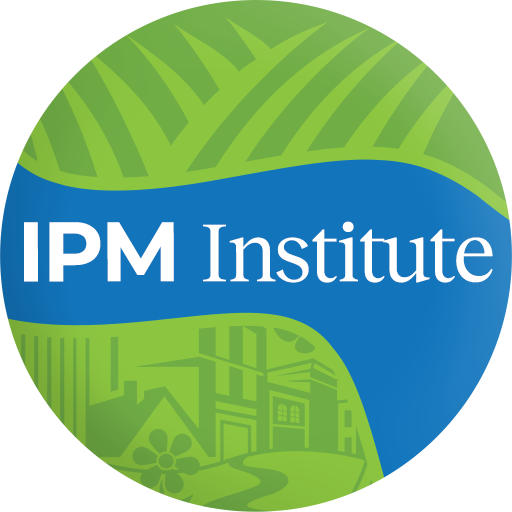Corn, soybean and winter wheat production take up a large portion of irrigated land in the US (52%) and require irrigation that uses valuable groundwater–a resource currently being depleted at a concerning rate. Due to rising concern, it is important to assess the possibility of prioritizing sustainable irrigation practices to create resiliency in our food systems.
Researchers at Dartmouth used a crop model to simulate irrigated agriculture from 2008 to 2012. They simulated four different scenarios ranging from most optimistic to pessimistic.
Based off the results of the study, Jose R. Lopez, a former postdoctoral researcher in geography at Dartmouth said, “Sustainable groundwater use is critical to maintaining irrigated agricultural production, especially in a global food system that is already taxed by climate change, population growth and shifting dietary demands. We need to expand the implementation of water conservation strategies and technologies we have now and develop more tools that can stabilize the nation’s groundwater supply while preserving crop yields and farmer livelihoods.”
For more details, click here.


